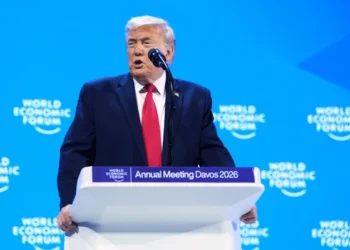The President of the European Central Bank, Christine Lagarde has pledged to hike interest rates of the Central Bank, during a gathering that involved the governing council of the bank in Frankfurt, Germany.
As concerns grow of an economic recession, suspicions of an increment in interest rates might be the final attempt in its year-long pursue to slow the pace of inflation, by making borrowing harder for businessmen and consumers.
Lagarde stated a month ago that, there is a necessity for higher interest rates to combat inflation, since it has demonstrated more resilience than expected. She explained the fact that, “we cannot waver, and we cannot declare victory yet.”
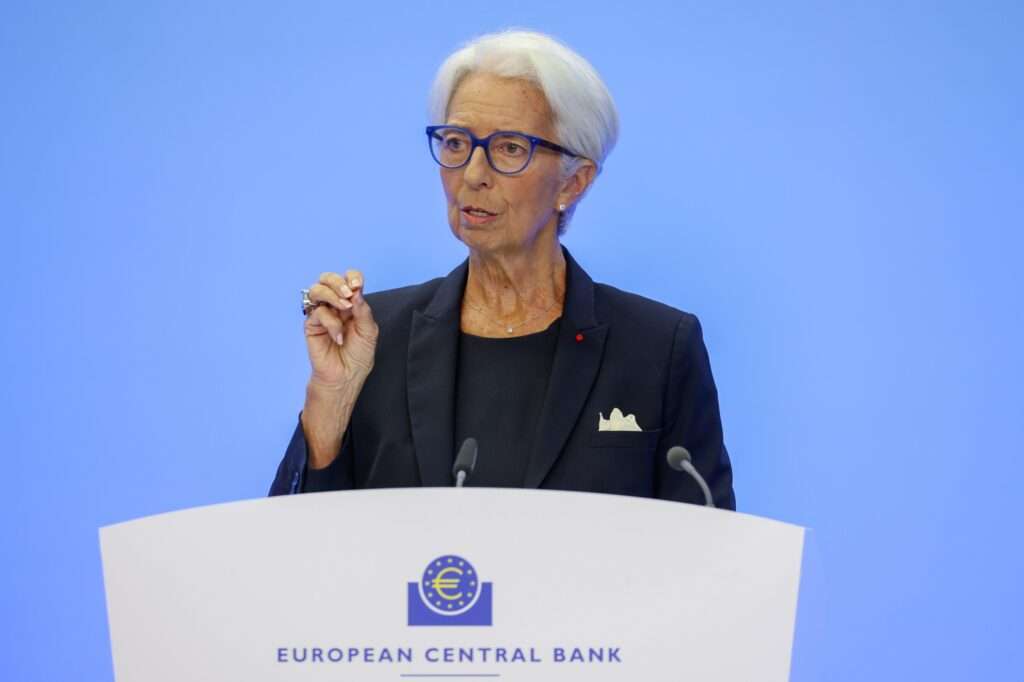
Economic analysts have cast their focus on the possibility that, the ECB plans to increase interest rates at its September gathering, as it approaches the final stretch of its interest rates. Higher rates are typically used to combat rising inflation.
On the other hand, in 17 months, the Fed has increased its benchmark value for the eleventh time. Its chairman, Jerome Powell dodged questions on the possibilities of additional rate increase.
However, inflation in the United State stands at 3%, lower than that of Europe. The current inflation rate in the Eurozone stands at 5.5%, a decrease from a double-digit high in last October. This rate still stands above the European Central Bank’s target of 2%.
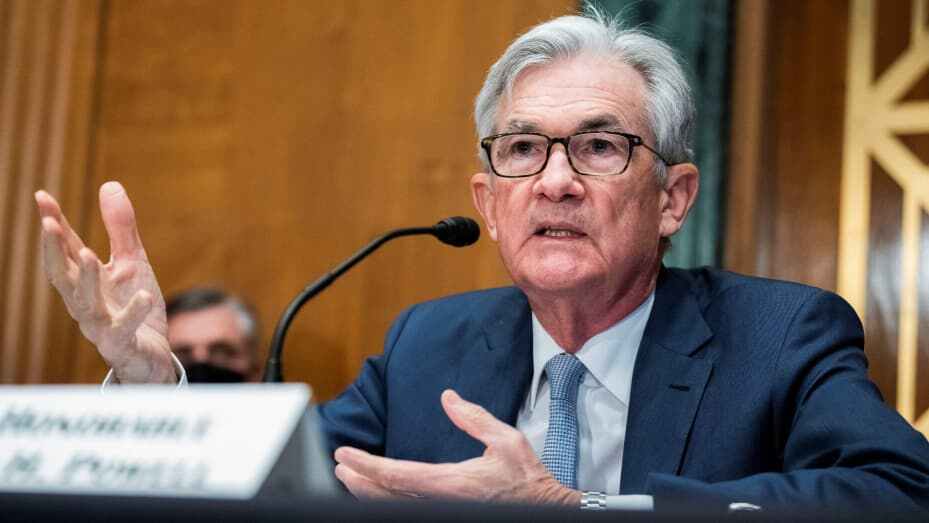
However, higher interest rates remain mechanisms used to reduce spending and decrement of prices, by making borrowing more costly for borrowers to obtain loan for the acquisition of homes and vehicles, as well for businessmen to purchase new machinery or construct facilities.
Request for goods has already slowed as a result of the ECB’s quick series of rate increases, which took them from minus 0.5% to 3.5% in a single year, the fastest adjustment cycle since the introduction of the euro in 1999.
Not all, a quarterly ECB poll found that, from April to June, there was the least appetite for company loans or lines of credit since 2003. A years-long rise in property values in the eurozone has come to a halt, and projections for construction enterprises in Germany has fallen to its lowest level since 2010.
Scare Of Economic Recession
On the other hand, the manufacturing hub and Europe’s biggest economy, Germany, is at a scare of economic downturn. The IMF however, has stated that, Germany may be the only economic powerhouse in Europe to experience such problem, this year.
According to S&P Global, purchasing managers’ index indicated that, growth in Germany’s industrial sector has shrunk drastically.
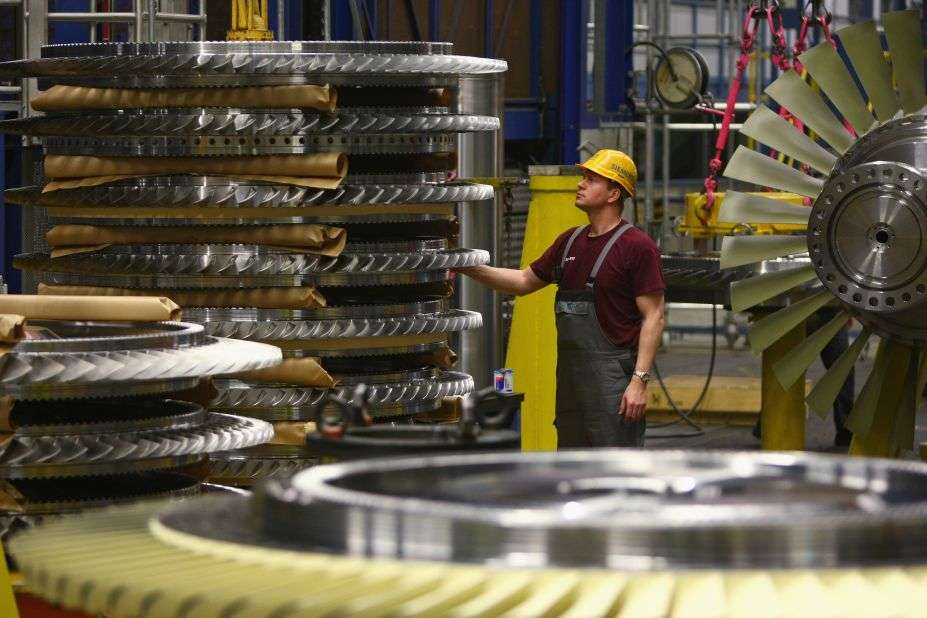
Germany’s economic growth has declined for two consecutive quarters, which fits the concept of an economic downturn. With data from April to June being released, Germany may have experienced an extra third.
The Chief Eurozone economist at ING Bank, Carsten Brzeski disclosed that, the economy of Germany has experienced a “slowcession” and “stuck in the twilight zone between stagnation and recession.”
The economy of the Eurozone, on the other hand, experienced a modest fall in the first quarter of the year, thus, its second conservative fall.
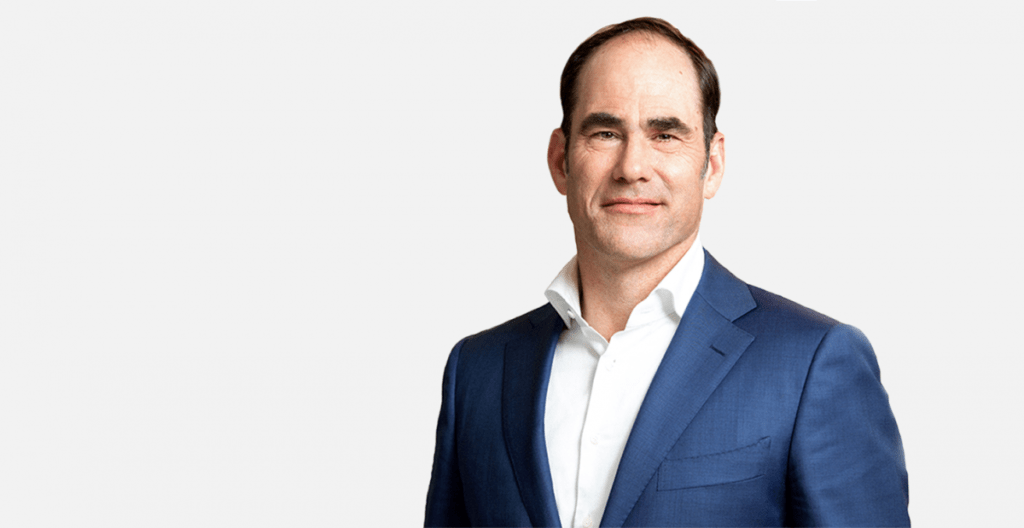
Furthermore, economists who make up the business calendar timing committee consider more than just two quarters’ of declining output statistics, when determining whether a recession has begun in the euro area.
The committee stated on June 30 that, talk of a European recession is “premature” considering the Eurozone’s record of low unemployment rate of 6.5%.





